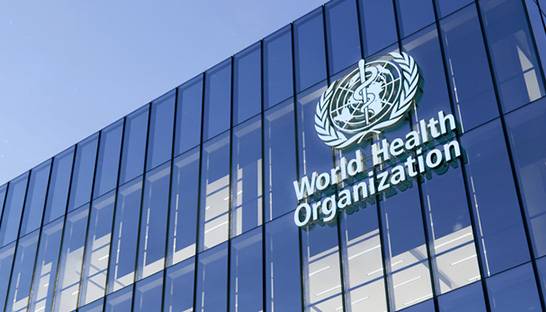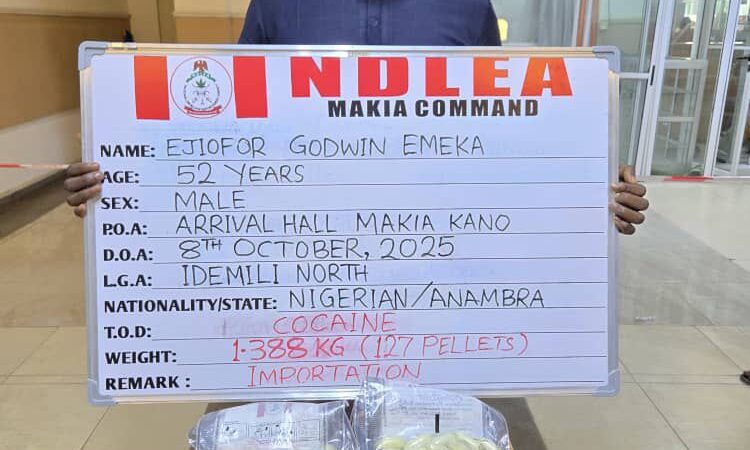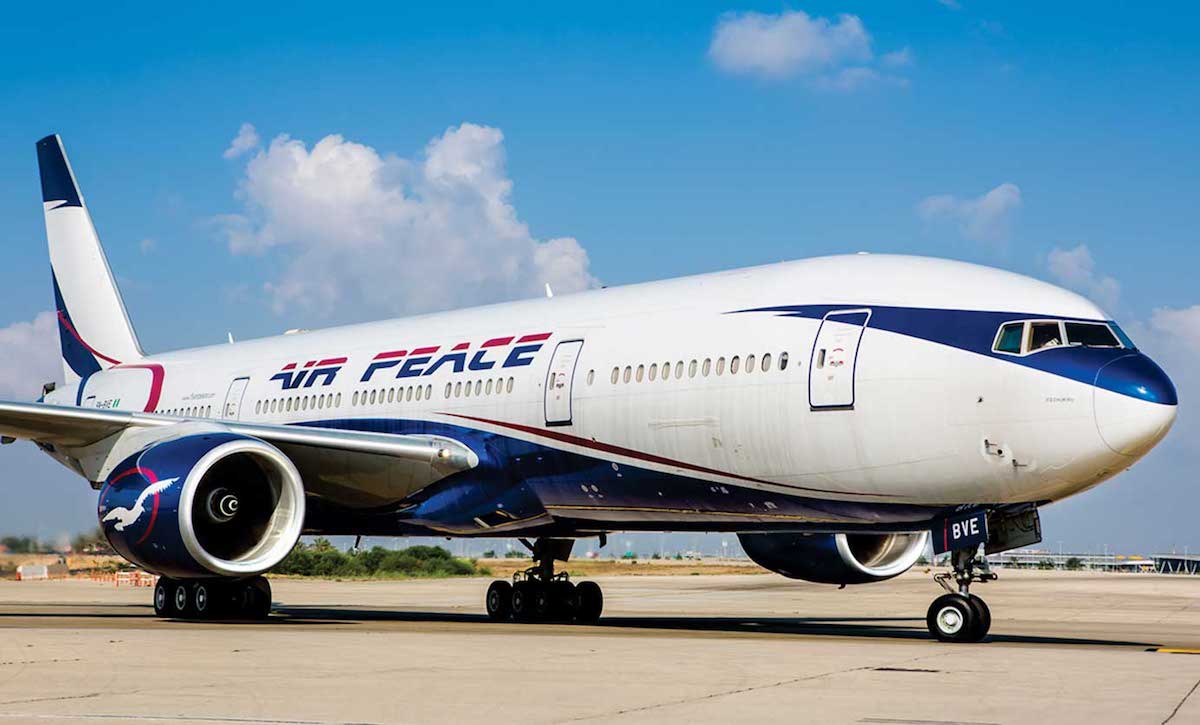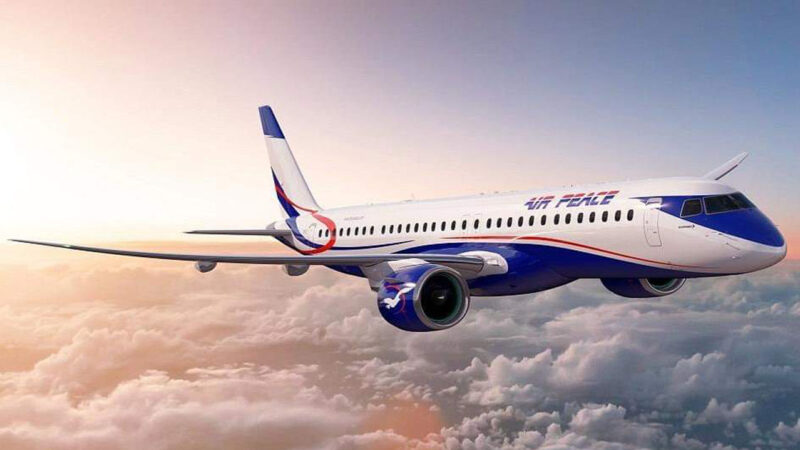WHO calls for higher taxes on alcohol, sugary drinks globally to improve public health

The World Health Organisation (WHO) has urged countries, including Nigeria, to raise taxes on alcohol and sugary beverages to combat their detrimental effects on global health.
In its latest report on alcohol and sugary products, WHO emphasised that the current global tax rate on these “unhealthy products” is low and increasing taxes could enhance consumer health.
The organisation’s report reveals that although 108 countries tax some sugar-sweetened beverages, the average excise tax only constitutes 6.6 per cent of soda prices globally.
“Although 108 countries are taxing some sort of sugar-sweetened beverage globally, on the average excise tax, a tax designated for a specified consumer product, represents just 6.6 per cent of the price of soda,” WHO said.
While approximately 148 countries impose excise taxes on alcoholic beverages, wine is exempt in at least 22 European countries.
The WHO noted that, on average, the excise tax share in the price of the most sold brand of beer globally is 17.2 per cent, rising to 26.5 per cent for the most sold brand of the most sold type of spirits.
However, half of the countries taxing sugary beverages also tax water, a practice not recommended by WHO.
Rűdiger Krech, Director of Health Promotion at WHO, asserted that taxing unhealthy products contributes to healthier populations and has positive societal effects, including reduced disease rates and government revenue for public services.
Krech highlighted that alcohol taxes can also prevent violence and road traffic injuries.
“In the case of alcohol, taxes also help prevent violence and road traffic injuries,” said Krech.
The WHO reported that globally, 2.6 million people die annually due to alcohol consumption, and over eight million from an unhealthy diet.
Reflecting on a 2017 study, WHO noted that a 50 per cent increase in alcohol prices through taxes could prevent over 21 million deaths over 50 years, generating nearly $17 trillion in additional revenues.
“This is equivalent to the total government revenue of eight of the world’s largest economies in one year,” said WHO.
The case of Lithuania is cited as an example where an increase in alcohol taxes in 2017 led to decreased alcohol-related deaths, with tax revenue rising from 234 million euros in 2016 to 323 million euros in 2018.
“Countries like Lithuania, which increased alcohol tax in 2017 to drive down consumption have decreased deaths from alcohol-related diseases,” WHO said.
In 2021, Nigeria introduced a 10 naira per litre excise tax on non-alcoholic, sweetened carbonated beverages, following advocacy by the National Action on Sugar Reduction (NASR) coalition.
In response to WHO’s recommendations, NASR asserted that the tax rate is too low, echoing WHO data that supports their stance.
The coalition’s co-chair, Alhassan Umar, urged the government to raise sugary beverage taxes to enhance the health budget and alleviate the nation’s health system burden.
Nigeria, recognised as the largest consumer of soft drinks in Africa, with an estimated 40 million litres consumed annually, faces growing concerns about the health impact of sugary beverages.







